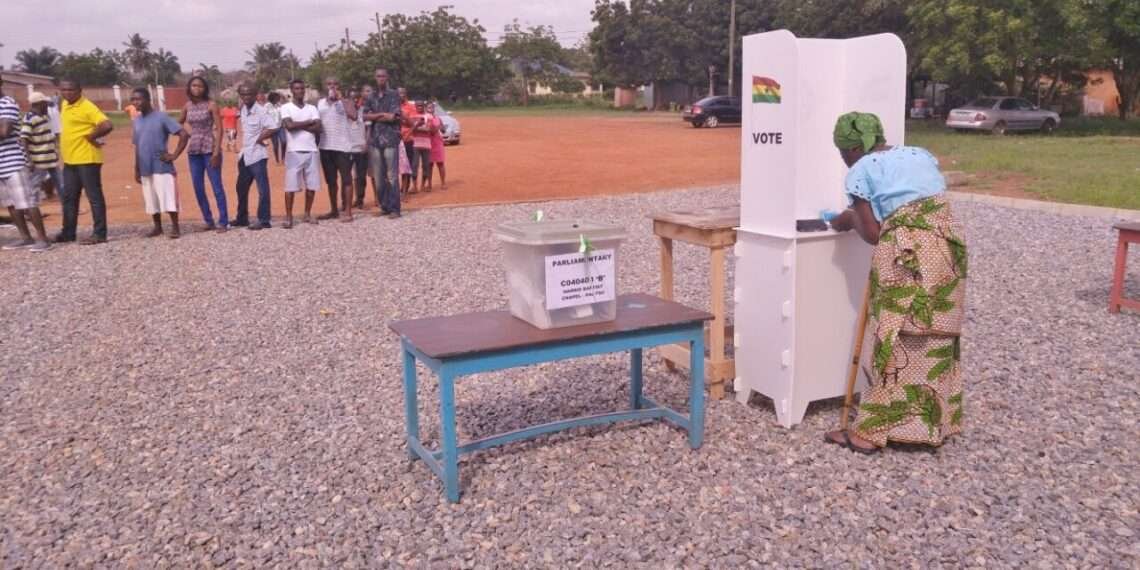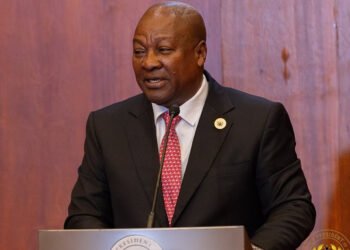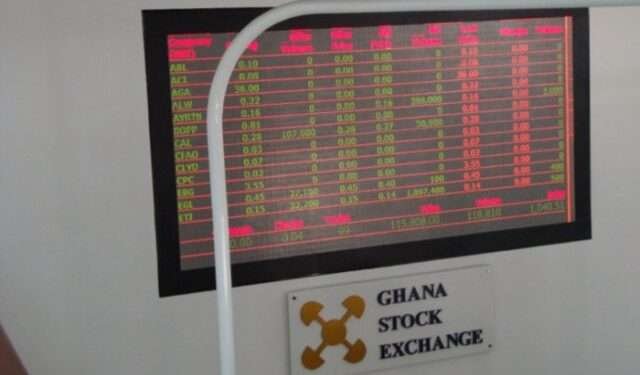The Institute for Democratic Governance (IDEG) has called on the Electoral Commission (EC) to adopt a more transparent approach by publishing the results of all polling stations before the final results are declared.
This recommendation comes as part of IDEG’s broader efforts to strengthen the integrity and credibility of Ghana’s electoral process.
Kwesi Jonah, a Senior Research Fellow at IDEG, emphasized the importance of this step in bolstering Ghana’s democratic standing. Although Ghana is currently ranked as the sixth most stable democracy in Africa, Kwesi Jonah acknowledged that there are areas where improvement is necessary, particularly concerning the electoral process.
“We know that there are certain weaknesses, certain lapses in our democracy, and some of these weaknesses relate to the electoral process,” Kwesi Jonah stated. He highlighted that these lapses, if not addressed, could undermine the democratic gains Ghana has made over the years.
Kwesi Jonah pointed out that the European Union, which has been observing elections in Ghana since 2012, has consistently provided recommendations aimed at refining the country’s electoral process. One of the key recommendations, according to Kwesi Jonah, is the official publication of polling station results on the EC’s website.
The publication of polling station results is seen by IDEG as a crucial step in preventing allegations of electoral malpractice.
“There is no serious political party that can say that we don’t have the results, polling station by polling station results because our system of elections is such that at every polling station, there are two agents for the political party, one for the presidential candidate, one for the parliamentary candidate.”
Kwesi Jonah, a Senior Research Fellow at IDEG
This recommendation comes in the wake of recent electoral controversies in Ghana, where the credibility of the electoral process has been challenged in the courts. Notably, Ghana’s presidential elections have seen petitions at the Supreme Court, with parties alleging irregularities in the polling process.
The 2020 presidential election, in particular, highlighted some of the challenges facing Ghana’s electoral system. The Electoral Commission faced criticism for declaring the results twice due to anomalies in the tallying process. This incident not only sparked controversy but also raised questions about the EC’s ability to conduct flawless elections.
To avoid a repeat of such issues in future elections, IDEG believes that greater transparency is essential. By publishing polling station results online, the EC can provide verifiable data that can be cross-checked by political parties, civil society organizations, and the general public.
Electoral Reforms in Progress

In response to concerns raised by IDEG and other stakeholders, the Electoral Commission has indicated that it is in the process of implementing several reforms aimed at enhancing the electoral process.
“We are committed to making the necessary improvements to ensure a credible and transparent electoral process. However, it is equally important that political parties respect the process and accept the results when they are declared.”
Dr. Serebour Quaicoe, the Director of Training for the EC
This sentiment underscores the collaborative effort required from all stakeholders to ensure the success of Ghana’s electoral process.
IDEG’s call for the publication of polling station results before the final declaration reflects a broader concern about the health of Ghana’s democracy. As a country that has often been hailed as a beacon of democratic stability in Africa, Ghana faces the challenge of maintaining and improving its democratic practices in the face of evolving political dynamics.
The upcoming 2024 elections will be a critical test of the reforms that have been implemented and the effectiveness of the EC’s efforts to ensure a transparent and credible electoral process.
By adopting the measures suggested by IDEG, Ghana has the opportunity to reinforce its democratic credentials and set a positive example for other countries in the region.
READ ALSO: Victony Explains How His Parents Realized His Commitment to Music Career






















